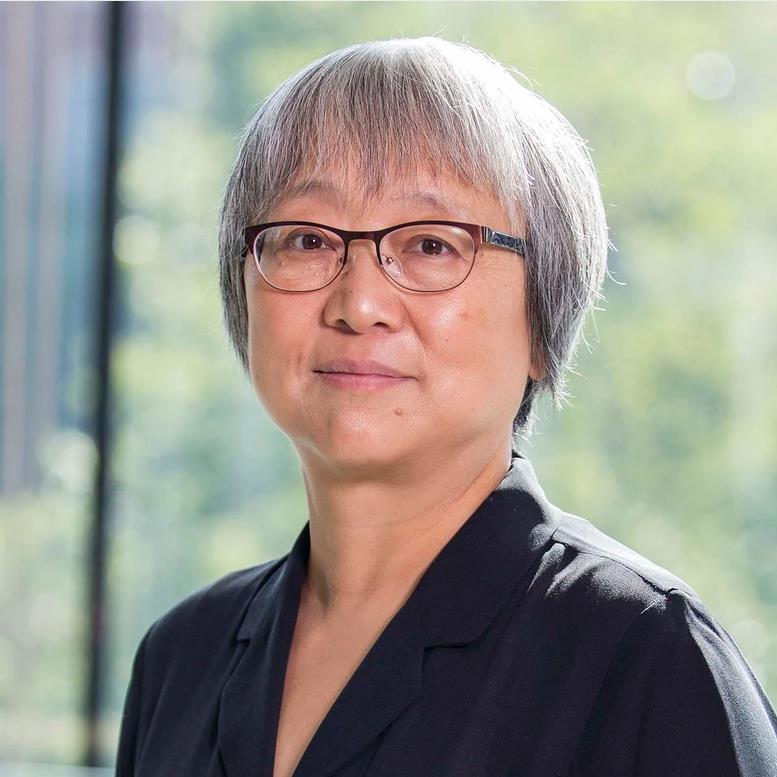
Junying Yuan received her undergraduate degree from Fudan University, Shanghai, China, in 1982 and her Ph.D. in Neuroscience from Harvard University in 1989. Dr. Yuan carried out her Ph.D. thesis work at the Massachusetts Institute of Technology in the laboratory of H. R. Horvitz. She was first appointed as Assistant Professor at Harvard Medical School in 1992, when she became a Principal Investigator of the Cardiovascular Research Center at Massachusetts General Hospital. She joined the Department of Cell Biology in 1996 and was appointed a Professor of Cell Biology at Harvard Medical School in 2000. In 2014, Dr. Yuan was appointed as Elizabeth D. Hay Professor of Cell Biology, a Professorship honors the late Professor Elizabeth D. Hay, the first female full professor in the history of Harvard Medical School. Dr. Yuan returned to China in 2020 and joined Shanghai Institute of Organic Chemistry as the Director of Interdisciplinary Research Center on Biology and Chemistry.
Dr. Yuan is a pioneer and an influential leader in the cell death field. Her 230 published papers have been highly cited with collective citations of more than 113,000 times (H index 130). Dr. Yuan made transformative discoveries on two distinct forms of cell death, apoptosis and necroptosis in mammalian cells. Her discovery of mammalian caspases led to a molecular era in apoptosis research. Her development of necrostatins demonstrated the existence and significance of a regulated necrosis mechanism, termed necroptosis, in human inflammatory and neurodegenerative diseases and the role of RIPK1 as a key mediator of necroptosis. RIPK1 inhibitors, first discovered and described by Dr. Yuan, have been advanced into human clinical trials as new drugs for the treatment of amyotrophic lateral sclerosis (ALS), Alzheimer’s disease (AD) as well as inflammatory diseases, including inflammatory bowel disease, rheumatoid arthritis, psoriasis and COVID-19 around the world. Dr. Yuan’s accomplishments have been honored by many awards including the Innovator Award for Breast Cancer Research, NIH Director’s Pioneer award and Agilent Technologies Thought Leader Award. She is a member of the National Academy of Sciences (US), a fellow of the American Academy of Arts and Sciences and a fellow of the American Association for the Advancement of Sciences.
Representative papers:
1) Ito Y, Ofengeim D, Najafov A, Das S, Saberi S, Li Y, Hitomi J, Zhu H, Chen H, Mayo L, Geng J, Amin P, DeWitt JP, Mookhtiar AK, Florez M, Ouchida AT, Fan JB, Pasparakis M, Kelliher MA, Ravits J, Yuan J. RIPK1 mediates axonal degeneration by promoting inflammation and necroptosis in ALS. Science. 2016. PMID: 27493188.
2) Xu D, Jin T, Zhu H, Chen H, Ofengeim D, Zou C, Mifflin L, Pan L, Amin P, Li W, Shan B, Naito MG, Meng H, Li Y, Pan H, Aron L, Adiconis X, Levin JZ, Yankner BA, Yuan J. TBK1 Suppresses RIPK1-Driven Apoptosis and Inflammation during Development and in Aging. Cell. 2018. PMID: 30146158.
3) Xu D, Zhao H, Jin M, Zhu H, Shan B, Geng J, Dziedzic SA, Amin P, Mifflin L, Naito MG, Najafov A, Xing J, Yan L, Liu J, Qin Y, Hu X, Wang H, Zhang M, Manuel VJ, Tan L, He Z, Sun ZJ, Lee VMY, Wagner G, Yuan J. Modulating TRADD to restore cellular homeostasis and inhibit apoptosis. Nature. 2020. PMID: 32968279.
4) Mifflin L, Ofengeim D, Yuan J. Receptor-interacting protein kinase 1 (RIPK1) as a therapeutic target. Nat Rev Drug Discov. 2020. PMID: 32669658.